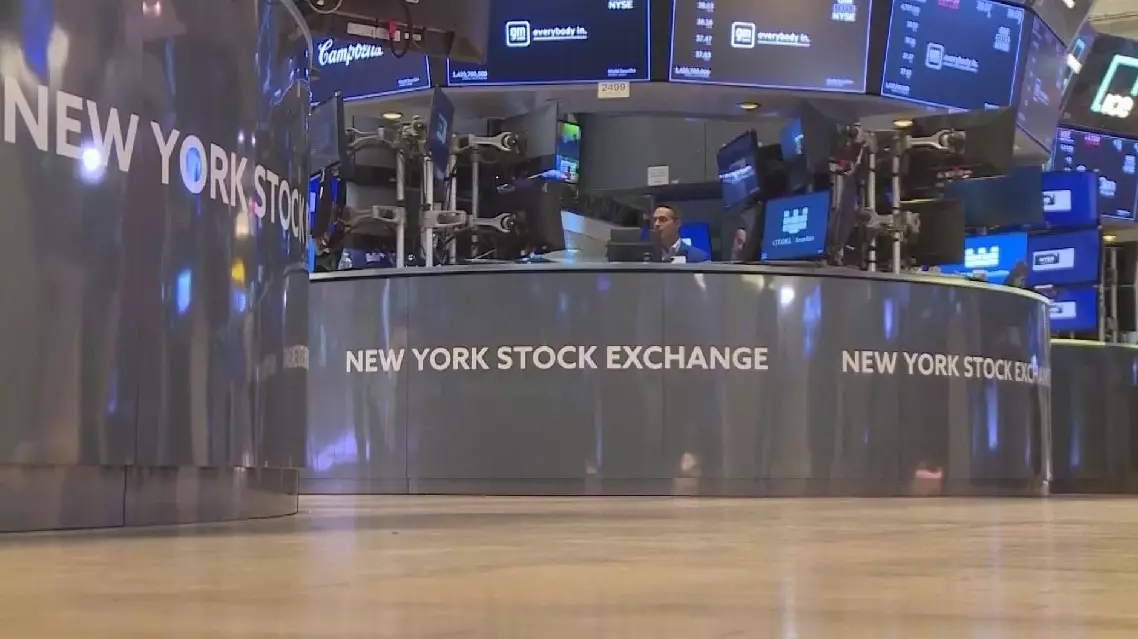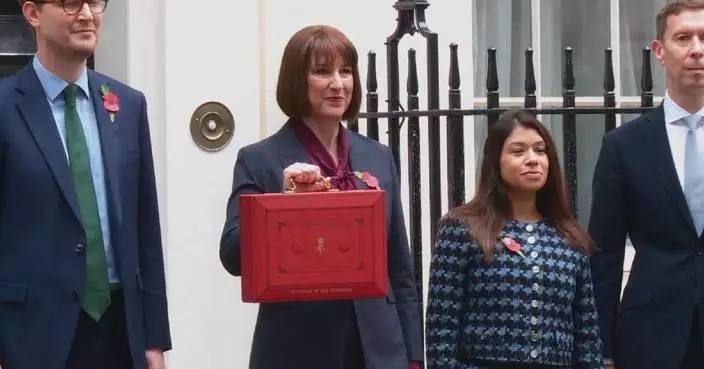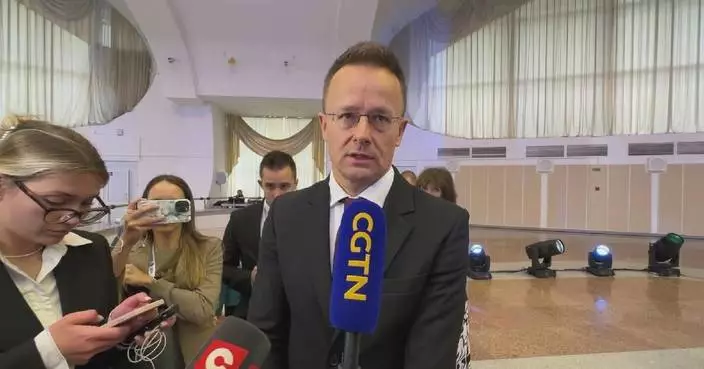U.S. stocks closed lower on Wednesday as the newly released data on third-quarter GDP fell short of expectations, while major stocks in Europe also dipped as investors remain wary of UK budget cuts on the horizon.
According to data released on Wednesday, the U.S. GDP in the third quarter grew by 2.8 percent on an annualized basis, slowing slightly from 3 percent growth the previous quarter. Markets were also still awaiting earning reports from more tech companies on the day.
The Dow Jones Industrial Average fell by 91.51 points, or 0.22 percent, to 42,141.54. The S and P 500 sank 19.25 points, or 0.33 percent, to 5,813.67. The Nasdaq Composite Index shed 104.82 points, or 0.56 percent, to 18,607.93.
Six of the 11 primary S and P 500 sectors ended in the green, with communication services and financials leading the gainers by growing up 0.99 percent and 0.42 percent respectively. Meanwhile, technology and consumer staples led the laggards by dropping 0.34 percent and 0.26 percent, respectively.
Shares of Super Micro Computer, Inc., tumbled 32.7 percent on Wednesday after Ernst & Young resigned as its auditor, citing concerns about its corporate governance and transparency and questioning its commitment to integrity and ethics, according to media reports.
U.S. social media giant Meta Platforms, Inc., the owner of Facebook, on Wednesday reported financial results for the third quarter ending Sept 30, with a total quarterly revenue of 40.59 billion U.S. dollars, a 19 percent increase year on year.
The company expects fourth-quarter 2024 total revenue to be in the range of 45 billion to 48 billion U.S. dollars.
These data are both higher than analysts' expectations, but its metauniverse business is still suffering serious losses with the growth of active users falling short of expectations.
Affected by complex factors, Meta shares fell by more than three percent after hours on Wednesday.
Mark Zuckerberg, Meta founder and CEO, said that the company "had a good quarter driven by AI progress across our apps and business," adding that Meta will increase its investment in AI.
In the European market, investors are continuing to weigh the latest corporate earning reports, while some are concerned about the budget challenges facing the British Chancellor of the Exchequer Rachel Reeves, who accepted a tax-raising budget on Thursday.
The three major stock indexes in Europe closed down on Wednesday.
The British FTSE 100 Index closed at 8,159.63 points, down 59.98 points, or 0.73 percent. The Paris CAC 40 closed at 7,428.36 points, down 82.75 points, or 1.10 percent. Germany’s DAX Index closed at 19,257.34 percent, down 220.73 points, or 1.13 percent.
Conversely, oil prices climbed on Wednesday, reversing the trend of decline in the previous two trading days.
The West Texas Intermediate for December delivered gained 1.40 U.S. dollars, or 2.08 percent, to settle at 68.61 dollars a barrel on the New York Mercantile Exchange. Brent crude for December delivery increased by 1.43 dollars, or 2.01 percent, to settle at 72.55 dollars a barrel on the London ICE Futures Exchange.
Amin Nasser, President and CEO of Saudi Arabian Oil Company, commonly known as Saudi Aramco, said Wednesday that the global oil market is expected to remain stable, predicting that the global average daily oil demand this year will be 104.5 million barrels, higher than the International Energy Agency's earlier forecast of 102.8 million barrels.
Gold prices on Wednesday hit a record high, with the most actively traded gold futures for December delivery on the New York Mercantile Exchange rising 0.71 percent to 2,800.80 U.S. dollars per ounce.
The latest data from the World Gold Council showed that global gold demand grew by about five percent in the third quarter this year, the highest on record for the same period.
With the approach of the global central banks' interest rate cut cycle, the council expects that the future global gold allocation will further increase. In addition, the uncertainty of the situation in the Middle East and the U.S. election next week has further increased the attractiveness of gold as a safe-haven asset to investors.

Major stocks in US, Europe close lower









